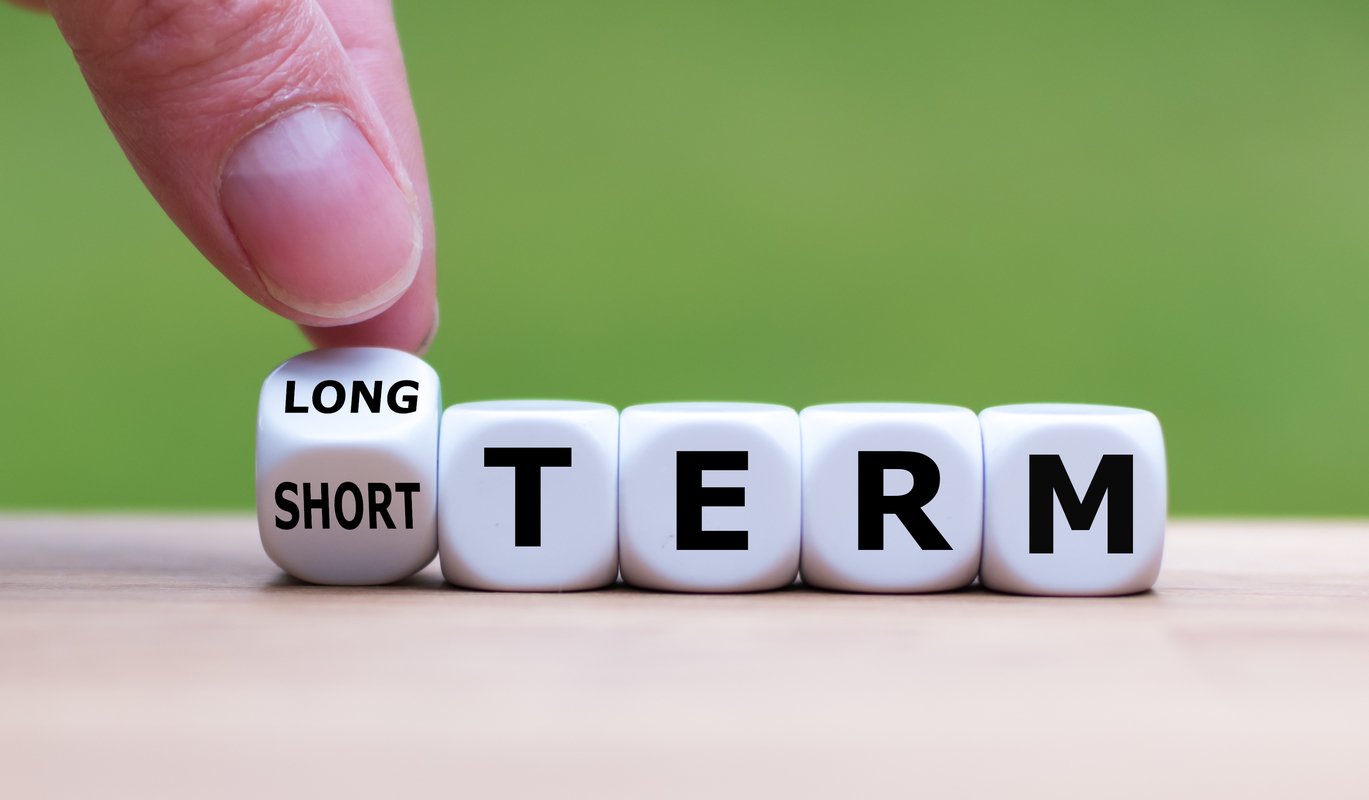We've officially been in a recession in the U.S. since February, according to the National Bureau of Economic Research. Some pundits think that the economy will rebound quickly, and many stock traders appear to be in that camp, considering how the equities market has climbed back from its steep February-March plunge over the subsequent three months. Other experts, though, are predicting that it's going to take a lot longer for the economy to recover. They anticipate lingering high unemployment rates and the real possibility that fall will bring new waves of COVID-19 outbreaks across the country.
Regardless of how long this recession lasts, investing in big pharma stocks could be a smart move. Large drugmakers typically have significant financial flexibility to weather economic storms. They sell products that people need regardless of how the economy is performing.
But which pharma stocks are the top picks to own in a recession? Here are three that especially stand out, listed in alphabetical order.

Image source: Getty Images.
1. AbbVie
Arguably the most attractive thing about AbbVie (ABBV 3.74%) is its outstanding dividend, which currently yields close to 4.9%. Including the time that it was part of Abbott Labs, AbbVie claims an impressive track record of 47 consecutive years of dividend increases. That should give investors confidence that the company will prioritize its dividend even during challenging economic periods.
Of course, what makes AbbVie's nice dividends possible is the strong cash flow generated by its top drugs. Humira remains the biggest moneymaker for now. But the immunology drug already faces biosimilar competition in Europe and will in the U.S. beginning in 2023.
AbbVie has several products that it thinks can pick up the slack as Humira's sales fall. Cancer drugs Imbruvica and Venclexta continue to enjoy strong sales momentum. And the company's new immunology drugs, Rinvoq and Skyrizi, appear to be poised to take the baton from Humira.
In addition, AbbVie's recent acquisition of Allergan brought the blockbuster Botox franchise into its lineup, as well as a long list of other drugs. That will significantly reduce its revenue reliance on Humira.
2. Bristol Myers Squibb
Bristol Myers Squibb (BMY +2.91%) is another big pharmaceutical company that has benefited from a key acquisition. Its buyout of Celgene in late 2019 has dramatically transformed its product lineup and pipeline.
Drugs including blood thinner Eliquis and cancer immunotherapy Opdivo were already tremendously successful for Bristol Myers Squibb before it acquired Celgene. Now, three other big blockbusters have been added to its lineup: Revlimid, Pomalyst/Imnovid, and Abraxane. The Celgene deal also brought it several recently approved drugs that should be big winners, including multiple sclerosis drug Zeposia and Reblozyl, which treats anemia in beta-thalassemia and myelodysplastic syndromes.
Bristol Myers Squibb's pipeline is deeper after the Celgene transaction as well. The company hopes to soon win regulatory approvals for CAR-T therapies ide-cel and liso-cel. It has more than 50 late-stage programs, over 30 of which are pursuing additional indications for Opdivo either as a monotherapy or in combination with other drugs.
The pharma company's current product lineup and pipeline should enable it to deliver strong earnings growth over the next few years. Bristol Myers Squibb also offers an attractive dividend that currently yields around 3.1%.
3. Eli Lilly
Eli Lilly (LLY +10.33%) has, perhaps surprisingly, become one of the top stocks to watch in the race to develop treatments for COVID-19. The company is conducting early-stage clinical studies of two antibody therapies. It's evaluating experimental drug LY3127804 in treating COVID-19 patients with pneumonia. And Lilly's rheumatoid arthritis drug Olumiant is in late-stage testing for treating COVID-19.
But Eli Lilly is better known for its drugs targeting other diseases. Diabetes drugs Jardiance and Trulicity continue to rake in billions of dollars each year. It's is a major player in immunology with Olumiant and Taltz. It's also an oncology leader with cancer drugs Cyramza and Verzenio, both of which are likely on the way to generating blockbuster sales.
Verzenio could become Lilly's biggest oncology winner: The company reported overwhelmingly positive results earlier this month from a phase 3 study of the drug as a treatment for early-stage breast cancer. Lilly also recently won FDA approval for Retevmo in treating lung and thyroid cancer. In addition, the company's pipeline includes promising late-stage candidates targeting osteoarthritic pain, atopic dermatitis, and psoriasis.
Wall Street analysts expect Lilly to generate average annual earnings growth of close to 13.5% over the next few years. The drugmaker also pays a dividend that yields north of 1.8%.
Good recession plays
AbbVie, Bristol Myers Squibb, and Eli Lilly aren't totally immune to the effects of a recession. The stocks could sink somewhat with any major market downturn caused by an economic decline. It's also possible that their sales could be impacted if patients lose their jobs and can't afford to pay for their prescription drugs. However, I think that all three stocks will hold up better than most during a recession -- especially a prolonged one.









